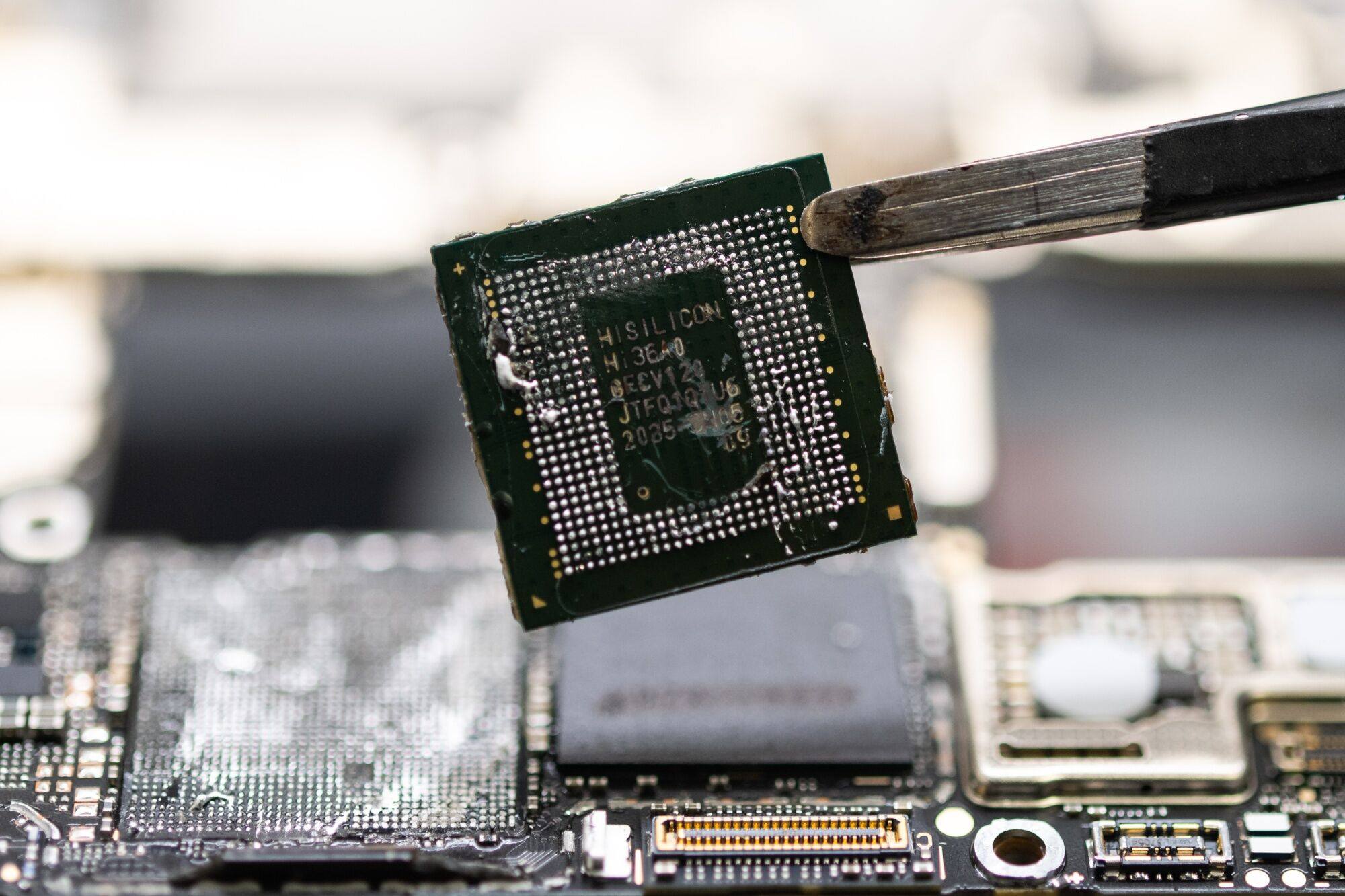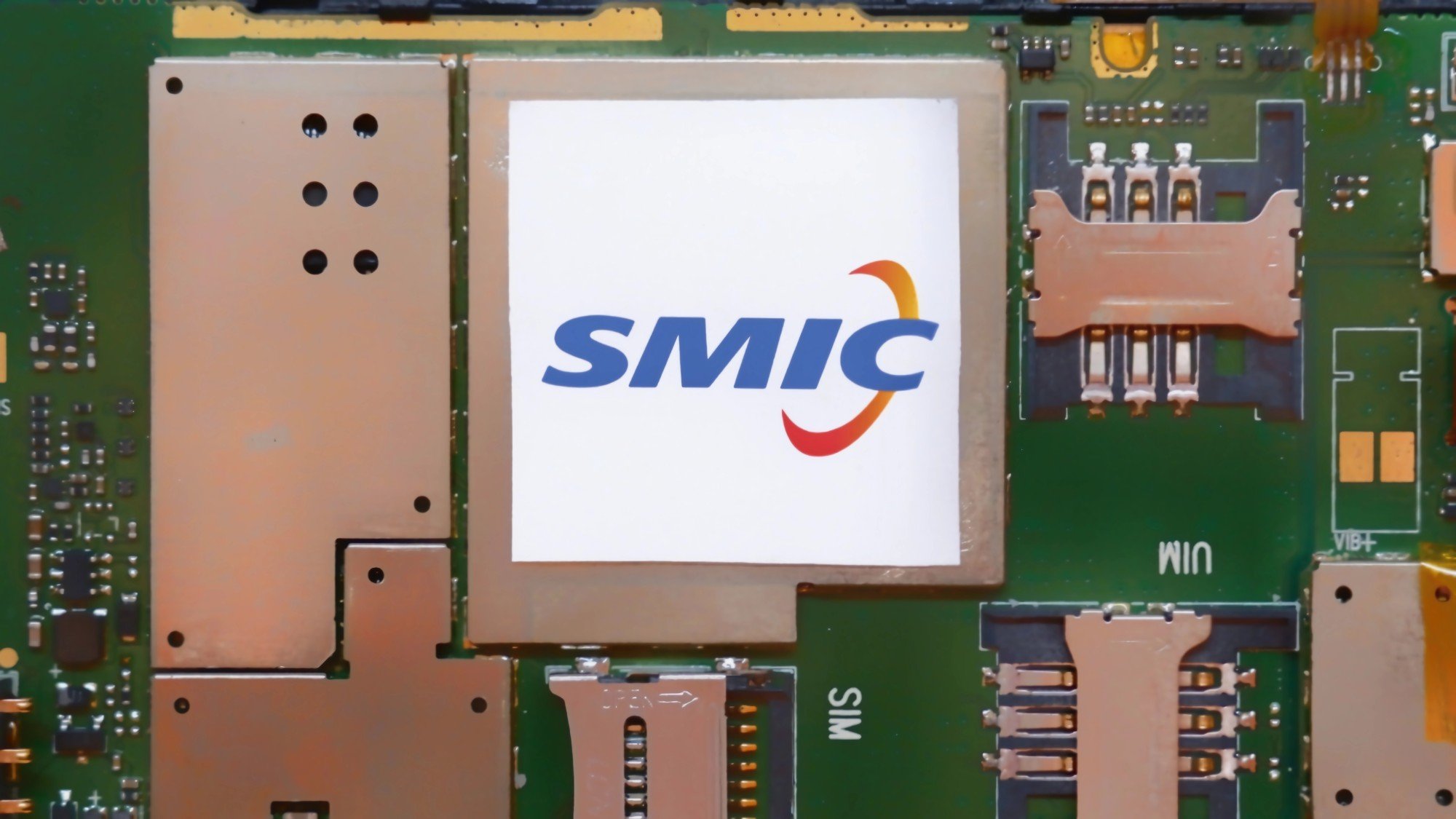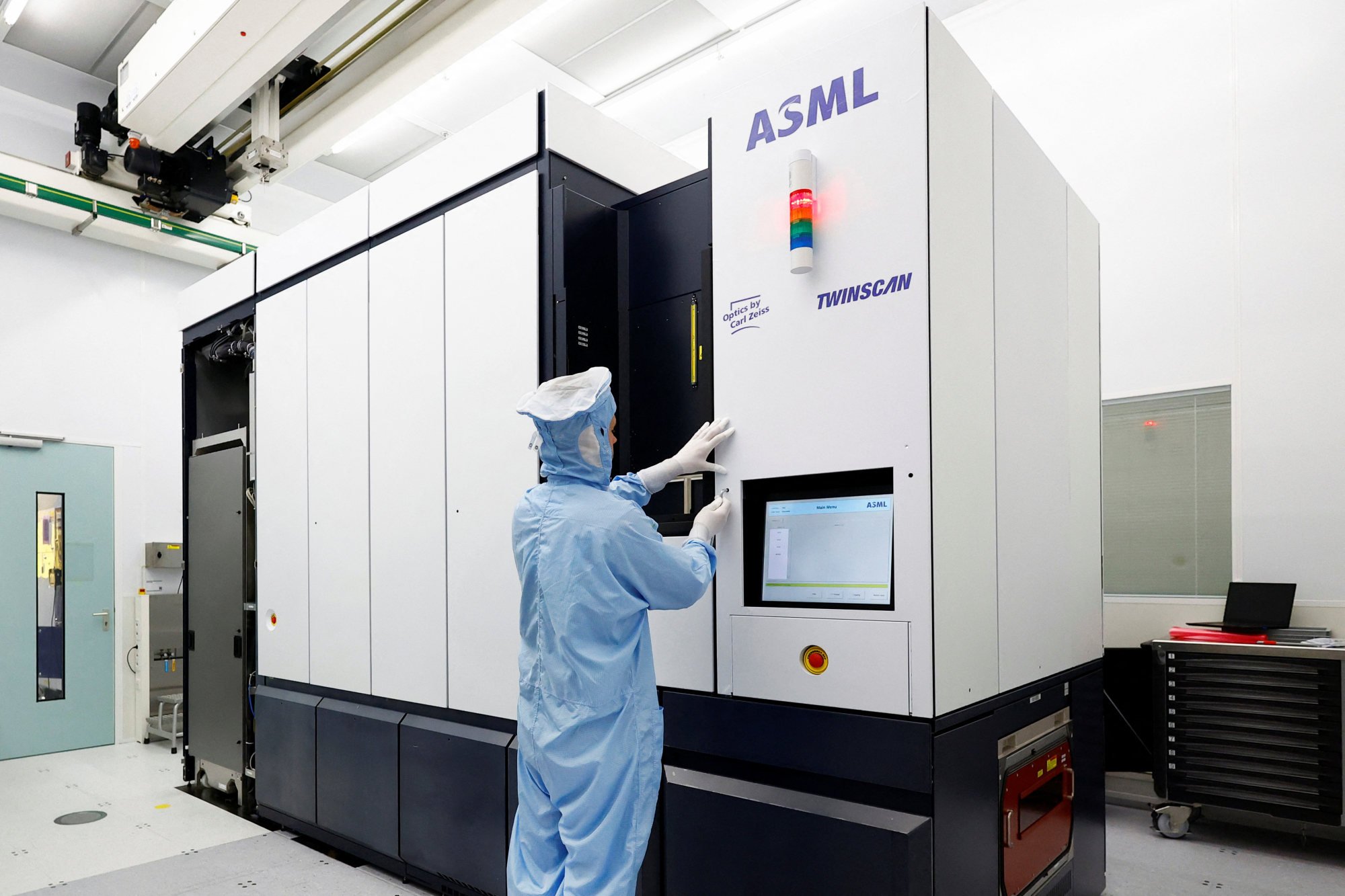
China’s SMIC ranks as world’s third-largest chip foundry by sales in first quarter on back of strong domestic demand
- SMIC accounted for 6 per cent of global chip foundry sales in the first quarter, behind TSMC’s 62 per cent share and Samsung’s 13 per cent share
- The Shanghai-based firm’s latest ranking reflects how its strategic pivot to serve mainland clients has helped reduce the impact of US tech sanctions
SMIC’s sales are expected to record double-digit growth in the current quarter amid a recovery in domestic demand for image sensors, power-management chips and display driver ICs, according to Counterpoint.
The company’s latest ranking reflects how the strategic pivot to serve clients in its home market has helped reduce the impact of US tech sanctions and managed to overcome the global semiconductor market’s typical seasonal sales slowdown in the first quarter.

SMIC generated 82 per cent of its total US$1.75 billion first-quarter revenue from mainland clients, up from 75.5 per cent in the same period a year earlier and 80 per cent in the December quarter, according to the Chinese chip maker’s latest financial results published earlier this month.
SMIC’s Hong Kong-listed shares closed 2.99 per cent lower to HK$15.60 on Wednesday.

“We’ve observed more evidence to support that the AI demand is real, with increasing [capital expenditure] by cloud service providers adopting AI hardware first and followed by enterprises,” Counterpoint analyst Adam Chang said.
The demand for AI chips is predicted to remain strong this year and is likely to extend to 2025, while non-AI semiconductor demand remains sluggish, he said.

“The extent and duration of this impact will hinge significantly on the available inventory of repair parts,” Wang said. “If the inventory levels are high, the negative effects might be mitigated more swiftly, whereas lower inventory could prolong and intensify these effects, potentially leading to more significant disruptions in service or operations.”

